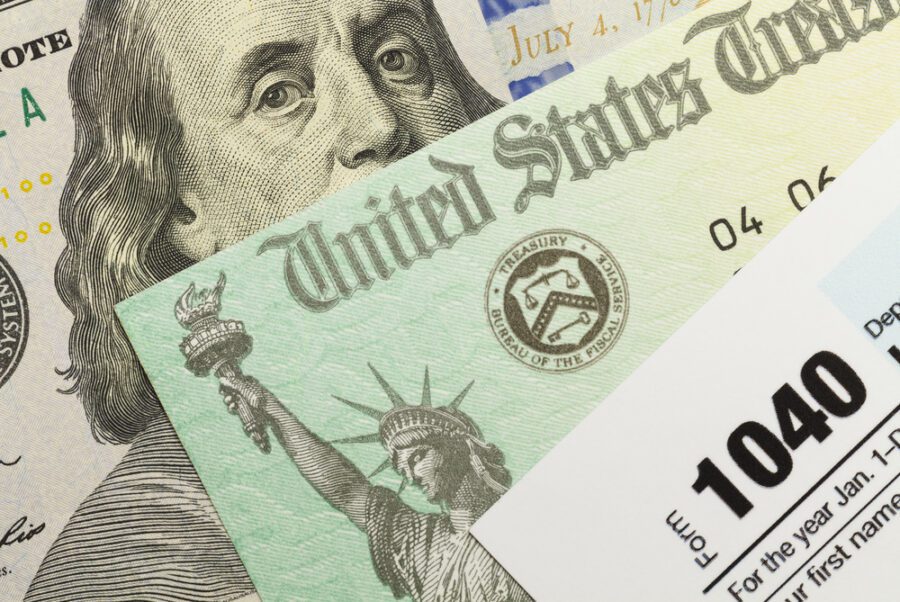
The No-Income-Tax Champions
Nine states currently have no broad-based state income tax: Alaska, Florida, Nevada, New Hampshire, South Dakota, Tennessee, Texas, Washington, and Wyoming. This is an immediate and powerful draw for retirees whose income comes primarily from 401(k)s, IRAs, or pensions. Let’s look at two popular examples.
Florida
The Sunshine State has long been a magnet for retirees, and its tax structure is a primary reason. With no state income tax, every dollar you withdraw from your retirement accounts goes further. Florida also has no estate tax or inheritance tax, making it easier to pass wealth to your heirs.
The Trade-Off: While the income tax savings are substantial, Florida isn’t a completely tax-free paradise. The average combined state and local sales tax rate is around 7%. Property taxes can also be a significant expense, especially in desirable coastal areas. While Florida’s “Save Our Homes” provision and homestead exemptions can help cap increases for residents, you should research the specific property tax rates in any county you’re considering.
A Quick Example: Let’s say you plan to withdraw $60,000 per year from your IRA. In a state with a 5% flat income tax, that would cost you $3,000 annually. In Florida, your state income tax bill on that withdrawal is $0. That’s an extra $250 per month in your pocket. However, you must also factor in other costs like homeowners insurance, which can be much higher in Florida due to hurricane risk.
Nevada
Like Florida, Nevada lures retirees with the powerful promise of no state income tax. This means your Social Security benefits, pension payments, and other retirement income are not taxed at the state level. The warm, dry climate is another major draw for many.
The Trade-Off: Nevada relies heavily on sales taxes to fund state operations. The average combined state and local sales tax rate is one of the highest in the country, at over 8%. This will impact your budget for everyday goods and large purchases. On the plus side, property taxes in Nevada are relatively moderate compared to the national average, thanks to a state law that caps annual increases.
Nevada is a prime example of why you must look at your spending habits. If you are a modest spender, the high sales tax might not affect you as much. But if you plan to spend a lot on dining out, entertainment, and shopping, the sales tax can quickly add up and offset some of the income tax savings.










Alabama, beginning in 2025, exempts the 5% state tax on up to $12,000 dollars that is withdrawn from an IRA/401K account by people that are 65+. A savings of up to $600 dollars from a $12,000 dollar withdrawal..